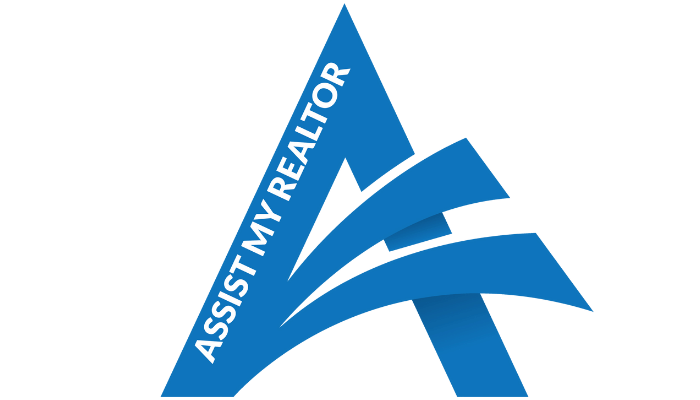The Benefits of a Cash-Out Refinance and How to Get Started
A cash-out refinance is a popular financial strategy for homeowners looking to leverage their homes' equity. This process involves refinancing your existing mortgage for a higher amount than you currently owe and taking the difference in cash.
Here, we'll explore the key advantages of a cash-out refinance and outline the steps to get started, including the necessary documents.
Benefits of a Cash-Out Refinance
Lower Interest Rates
Compared to other forms of borrowing, such as personal loans or credit cards, a cash-out refinance often comes with lower interest rates. Mortgage rates tend to be lower because the loan is secured by your property, making it a cost-effective way to borrow large sums of money.
Debt Consolidation
A cash-out refinance to pay off high-interest debts, such as credit card balances or personal loans, can be a smart financial move. Consolidating these debts into your mortgage can simplify your finances, reduce the overall interest you pay, and lower your monthly payments. This can improve your financial stability and credit score over time.
Home Improvement and Value Increase
Investing in home improvements with cash-out funds can enhance your property's value. Upgrading kitchens and bathrooms or adding additional living space can make your home more enjoyable and increase its market value. This can be particularly advantageous if you plan to sell your home.
Flexibility in Spending
A cash-out refinance provides flexibility in how you use the funds. Unlike a home equity loan or line of credit, which may have restrictions, the money from a cash-out refinance can be used for virtually any purpose. You can allocate the funds for investments, emergency savings, or personal projects.
Fixed-Rate Stability
Many cash-out refinances are available with fixed interest rates, providing predictable monthly payments over the life of the loan. This stability can benefit budgeting and financial planning, ensuring you know exactly your monthly mortgage payments.
Considering a Cash-Out Refinance?
Please prepare the necessary documentation to make the application process easier. Essential documents typically needed include:
Proof of Income: Verify your income, pay stubs, tax returns, and W-2 forms.
Credit Report: Authorization for the lender to check your credit history.
Current Mortgage Information: Statements detailing your existing mortgage terms and balance.
Property Information: Recent property tax statements and homeowners insurance policy.
Asset Information: Bank statements and other financial asset documentation.
Debt Information: Document any outstanding debts, including credit cards and other loans.
Qualifications for a Cash-Out Refinance
To qualify for a cash-out refinance, you generally need to meet several criteria:
Credit Score
Lenders typically require a minimum credit score, which can vary but is often around 620. Higher credit scores can help you secure better interest rates and terms.
Home Equity
It would help if you had sufficient equity in your home. Most lenders require that you maintain at least 20% home equity after the cash-out refinance. For example, if your home is worth $300,000, you should have at least $60,000 in equity after the refinance.
Debt-to-Income Ratio (DTI)
Your debt-to-income ratio, the percentage of your gross monthly income that goes toward paying debts, should generally be below 43%. Some lenders may allow higher ratios, but lower DTI ratios can improve your chances of approval and better terms.
Stable Income and Employment
Proof of stable income and employment is crucial. To verify financial stability, lenders will require documentation such as pay stubs, tax returns, and bank statements.
Property Appraisal
An appraisal is required to determine the current market value of your home. The appraisal helps the lender assess your equity and justifies the loan amount.
A cash-out refinance offers numerous benefits, including access to a lump sum of cash, lower interest rates, potential tax benefits, and the ability to consolidate debt. By strategically using your home's equity, you can improve your financial situation, invest in your property, and achieve your financial goals. Consulting with a financial advisor can help determine if a cash-out refinance suits your circumstances.

